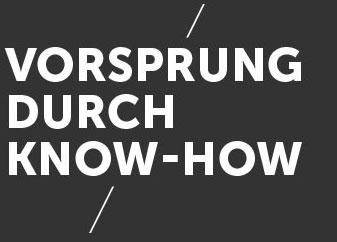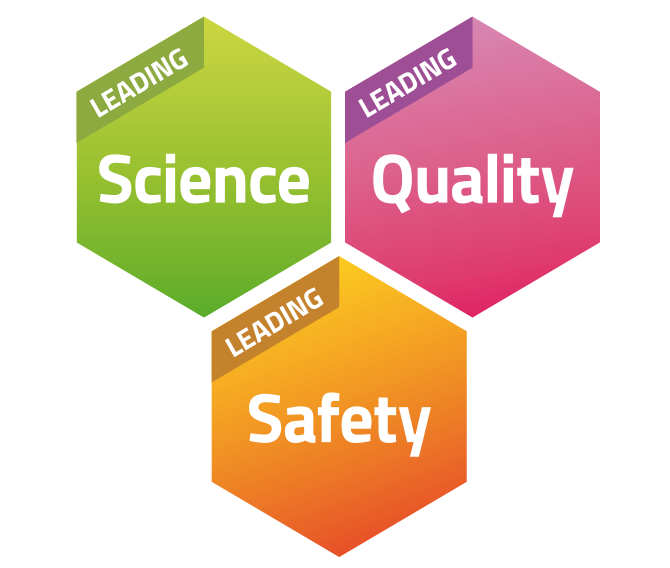Sustainable technologies such as PEF (pulsed electric field), HPP (high hydrostatic pressure), ultrasound or non-thermal plasma offer opportunities for our food system. The use of these technologies enables the production of high quality and safe food and provides solutions against antimicrobial resistance. Nevertheless, the application of these technologies in the food industry is currently limited.
The EU-funded TRANSIT project brings together 13 participating organisations from eight European countries to train the next generation of scientists to optimise and advance the benefits of these sustainable technologies in the food industry. TRANSIT will identify key microbial molecular targets in food-associated pathogens and spoilage agents and develop effective antimicrobial action strategies for the non-thermal technologies. In coordination with renowned industrial partners, the product range for application will be extended taking into account consumer acceptance and upscaling of the plants will be realised in order to accelerate the market acceptance of sustainably produced food.
The DIL participates in the TRANSIT project of the Innovative Training Network (ITN). In this way, we are working to secure the training of young researchers and professionals for the years to come. ITN is part of the Marie Skłodowska-Curie Action (MSCA) call of the European Commission. ITN provides (competitive) funding for research training for PhD programmes organised by networks of universities and research institutes.






